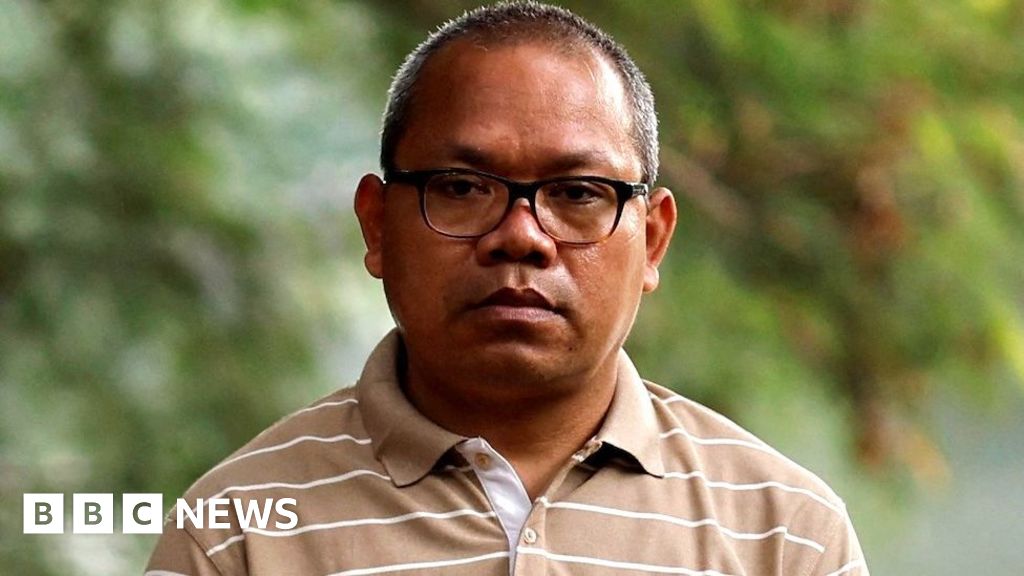EPAMichael Chakma was forcibly taken from a street and vanished into a hidden prison in 2019. The man who emerged into the rain in Dhaka had not seen sunlight in over five years. His eyes struggled to adjust after spending days in a dimly lit room listening to industrial fans and screams of torture. Standing on the street, he struggled to recall his sister’s phone number. Meanwhile, his sister, over 200km away, read about men being released from a reported detention facility at Bangladesh’s military intelligence headquarters, known as Aynaghor or “House of Mirrors.” These men were allegedly critics of the government who had disappeared under Sheikh Hasina’s rule.
Michael Chakma had been campaigning for the rights of the people in Bangladesh’s Chittagong Hill region before he was abducted in April 2019. He was thrown into a cell inside the House of Mirrors, where he endured interrogation and torture. His sister, Minti, searched for him tirelessly, even filing a petition in the High Court. After her father’s death during the Covid pandemic, the family finally held a funeral for Michael, believing he was dead.
Sheikh Hasina’s government has been accused of targeting critics and dissenters, with hundreds of enforced disappearances documented since 2009. Rumors of secret prisons circulated, and the existence of the House of Mirrors was only revealed in 2022. Survivors like Maroof Zaman have shared their harrowing experiences of torture and isolation in these facilities.
As Sheikh Hasina fled the country and her government collapsed, calls for accountability and justice for the victims of enforced disappearances have grown. Bangladesh’s interim government has established a commission to investigate these cases, and survivors like Maroof Zaman are demanding punishment for the perpetrators. The families of the disappeared continue to seek answers and closure after years of uncertainty and pain.

